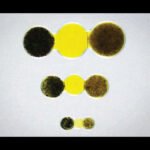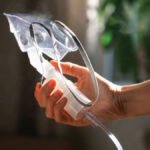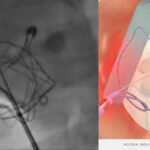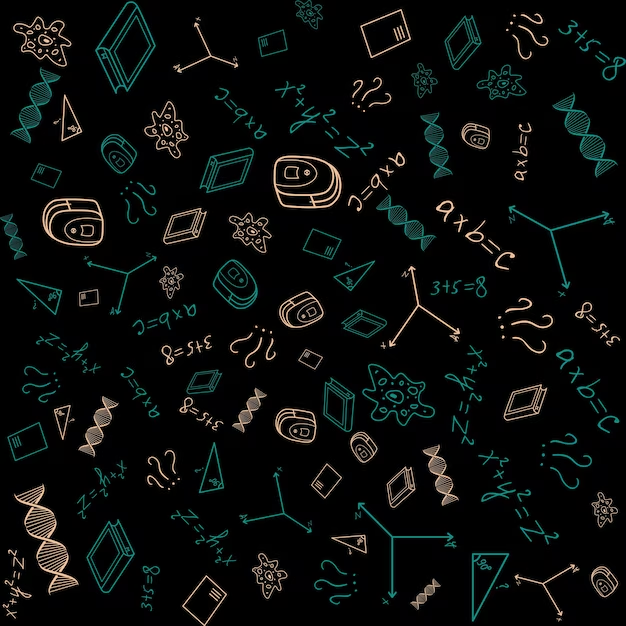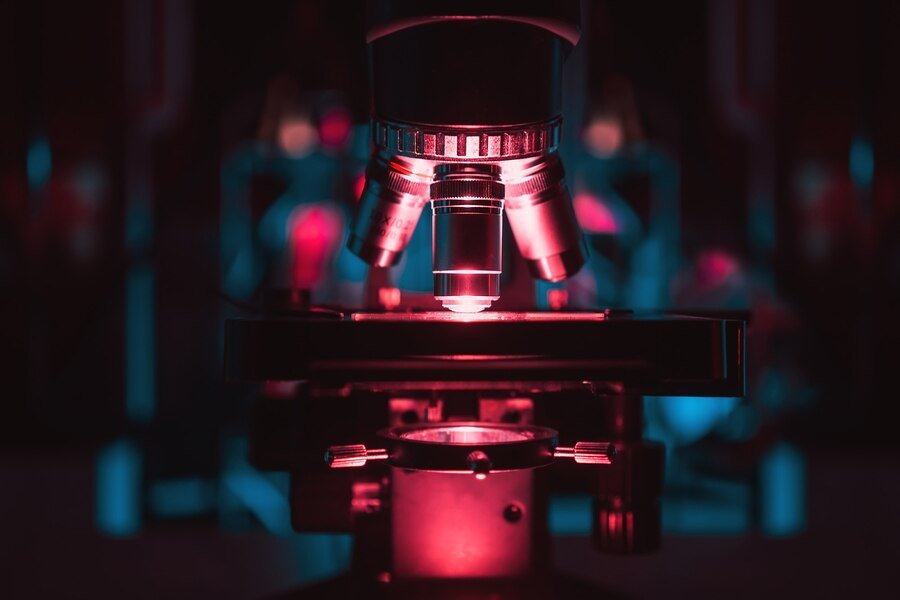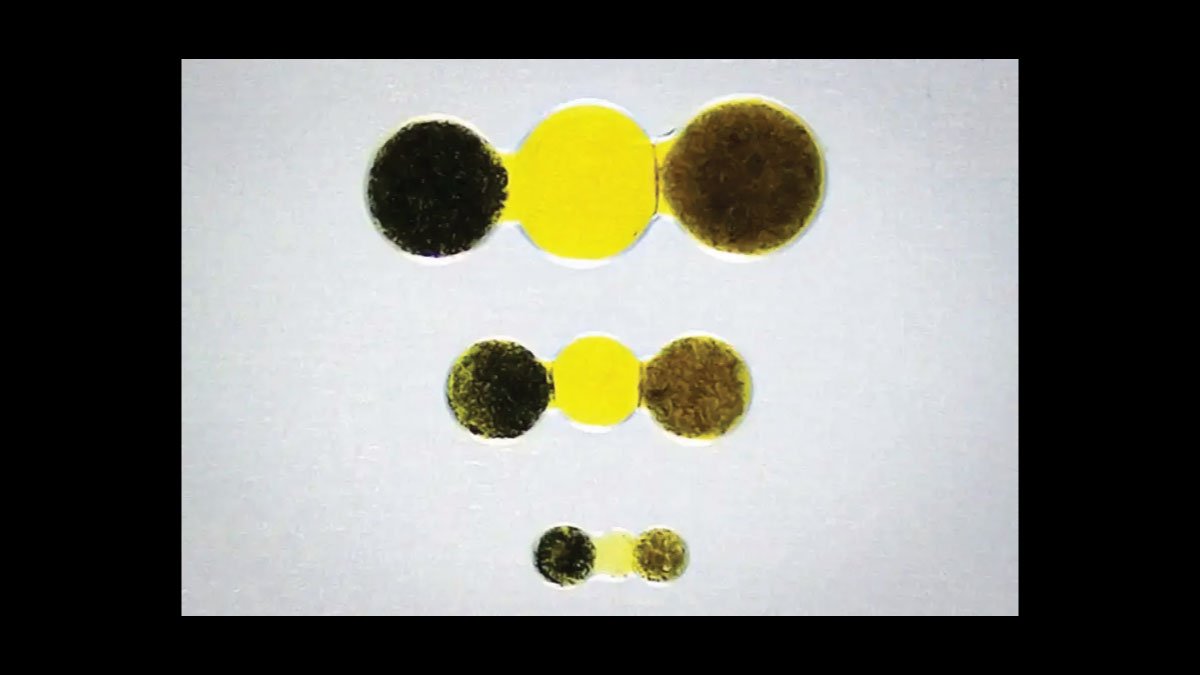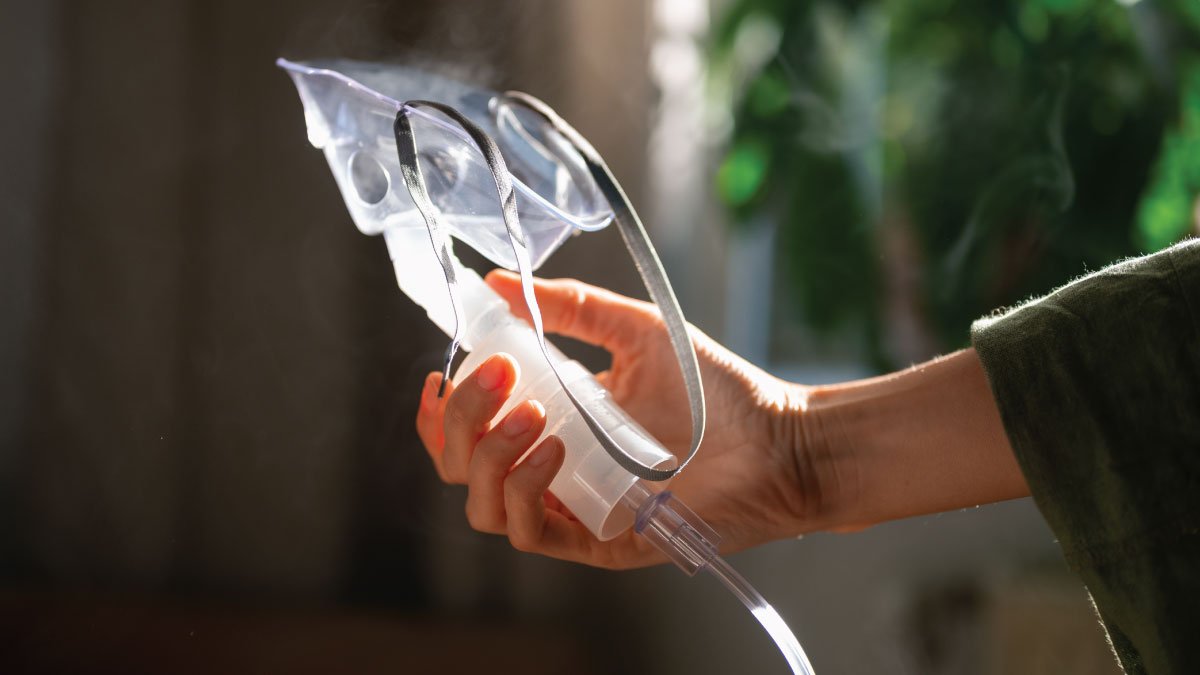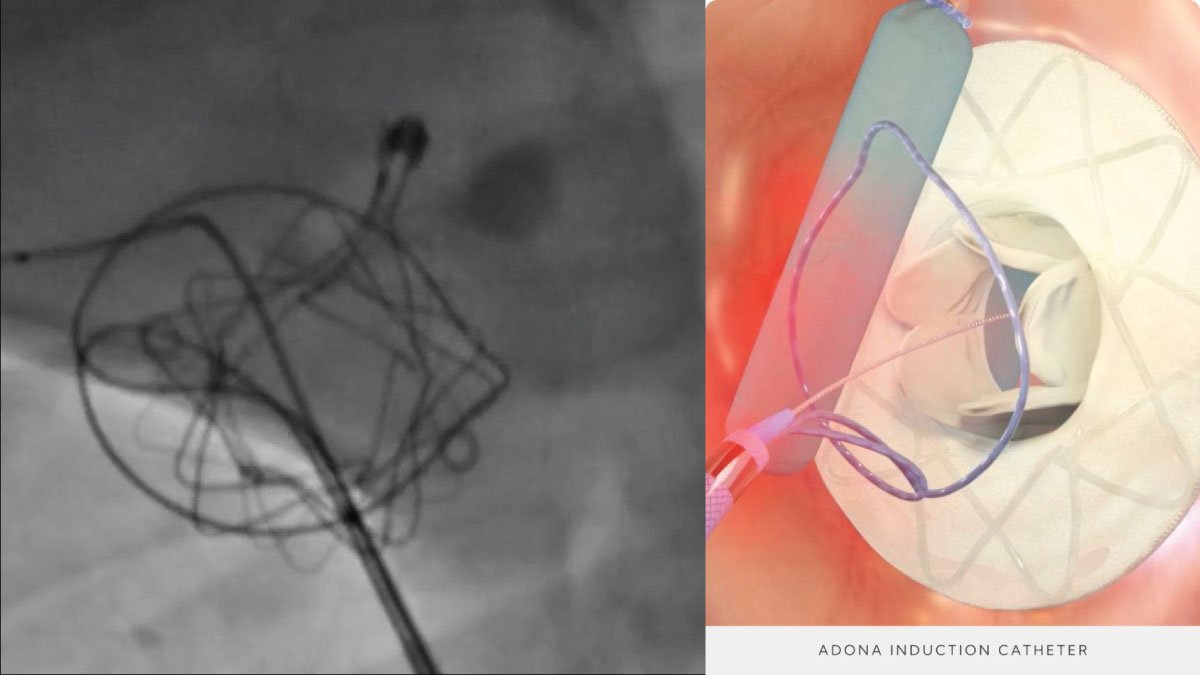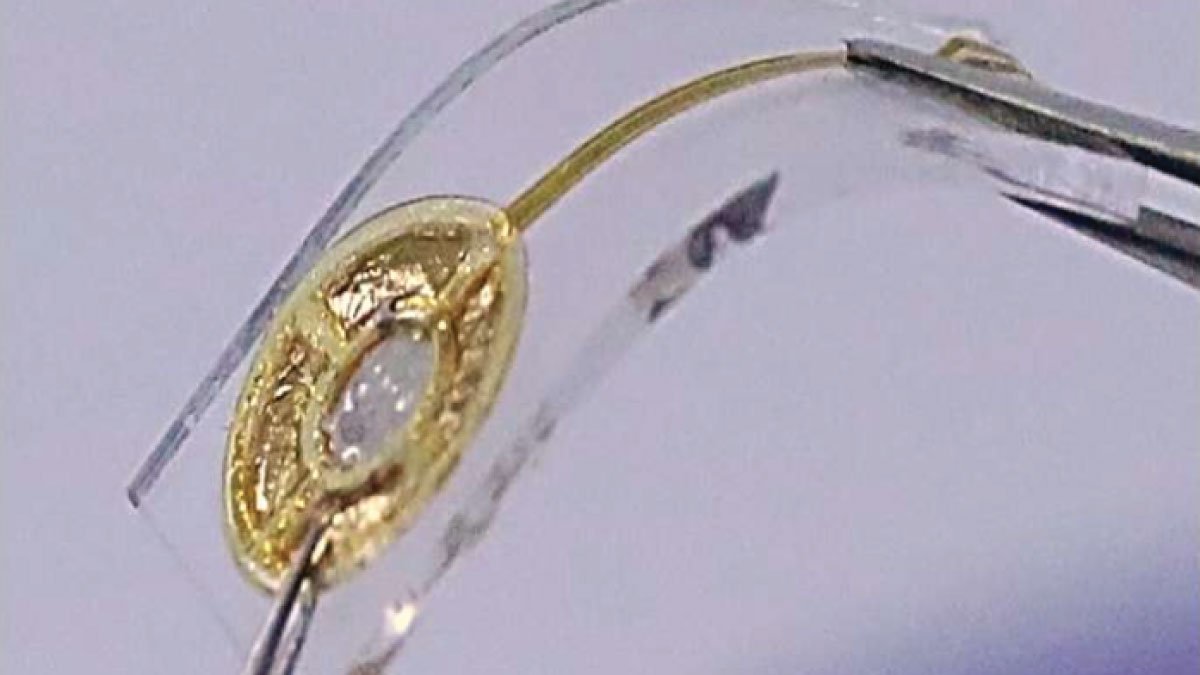Saliva Test for Heart Failure: 15-Minute Home Detection Saves Lives
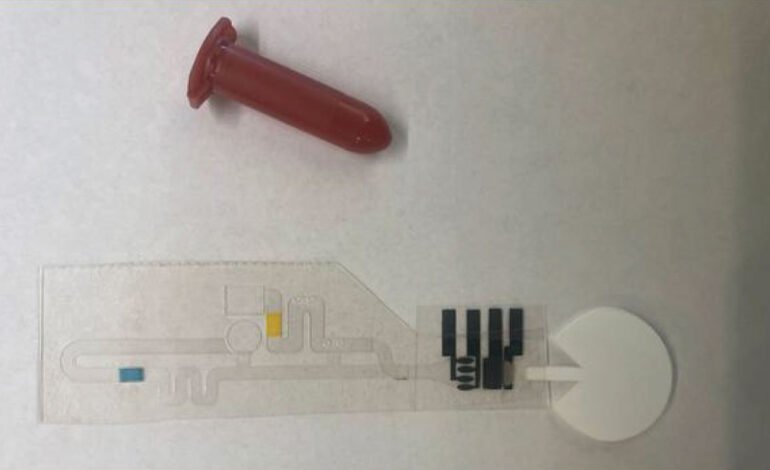
A game-changing 15-minute saliva test now allows for the early identification of heart failure from the comfort of one’s own home, transforming the field of diagnostics and potentially saving numerous lives.
Saliva Test for Heart Failure Transforming the Diagnosis
In an era where early detection is key to successful treatment, a novel 15-minute saliva test is poised to revolutionize the diagnosis of heart failure. Crafted by a team of forward-thinking researchers, this test promises a swift, non-invasive, and convenient approach to identifying heart failure, providing patients with the option of testing from home. This innovation could significantly cut down on the time it takes to diagnose heart failure, thereby enhancing patient outcomes and possibly saving lives.
Benefits of the Saliva Test for Heart Failure
The saliva test comes with a multitude of benefits over conventional methods of heart failure detection. Traditional diagnostic tools, such as blood tests and imaging, often necessitate visits to healthcare facilities and lengthy wait times for results. In contrast, the saliva test can be conducted at home, delivering results in just 15 minutes. This rapid response time is crucial for early intervention, which is essential in the management of heart failure and the prevention of its progression.
Furthermore, the test is non-invasive, making it especially well-suited for the elderly or those with mobility challenges. Its simplicity ensures that a wider range of individuals can regularly monitor their heart health, leading to better management of the condition. The test’s affordability also makes it accessible to a broader demographic, potentially helping to reduce disparities in healthcare.
Applications in Medical Devices
The saliva test holds the potential to be incorporated into various medical devices, expanding its use in both home and clinical environments. For example, it could be integrated into wearable health monitors that continuously track biomarkers, signaling any signs of heart failure to users. Additionally, the test could be linked to telemedicine platforms, facilitating real-time data exchange with healthcare professionals and enabling immediate medical advice and intervention.
This technology could also be applied in remote and underserved regions where access to advanced medical services is scarce. By offering a quick and dependable method for detecting heart failure, the test could be instrumental in early diagnosis and treatment, alleviating the strain on healthcare systems and improving patient outcomes.
Future Prospects and Impact
Looking ahead, the development of this saliva test heralds a new chapter in the diagnosis of heart failure. As the technology progresses, we can anticipate further enhancements in accuracy and the ability to identify other cardiovascular conditions. The integration of artificial intelligence and machine learning could boost the test’s predictive capabilities, rendering it an even more effective tool in preventive healthcare.
Conclusion
The 15-minute saliva test for heart failure represents a significant leap forward in diagnostic technology. Its ease of use, accessibility, and potential for integration into various medical devices underscore its importance in the future of healthcare. As this technology becomes more widely accessible, it could significantly improve the management of heart failure, ultimately saving lives and reducing healthcare expenses.
